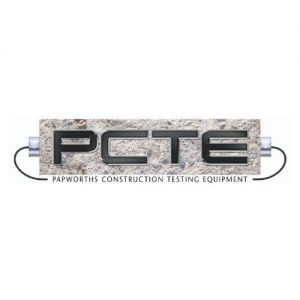Benefits of Soil TestingPosted by PCTE on April 1st, 2016 Soil testing is used by construction and engineering companies to obtain information to predict soil's mechanical behaviour. The information will be crucial in determining if the soils are appropriate for building foundations, for roads, or for other infrastructure. Soil testing is easier these days, with many different kinds of advanced and state of the art equipment that is suitable for every test. The majority of soil testing equipment is designed to examine the characteristics of soil samples in the laboratory. Some soil testing equipment is designed for on-site testing. Equipment makes it easy to collect samples, classify soils, determine and evaluate the mechanical properties of the soil, and test completed sub and road bases on site. The information and the results will be vital for smarter and more informed planning and decision making. Through soil testing, engineers are able to determine if a site is appropriate for building a structure. Testing examines the geotechnical and chemical properties of soil, so you can determine its sustainability and evaluate if the ground is stable enough in the long run for your construction project. Soil testing will help identify the different kinds of soil on the construction site and where they are located, and individually determine their compaction, density, strength, organics, sand content, and contamination. All those factors can determine the impact of the soil on your construction project. Technical information and safety data can be gathered and compiled with ease when you perform soil testing with high-quality equipment. The data will be useful in supporting license applications and permissions for planning the land and the construction site. High-quality soil testing equipment offer precise results that can help speed up the analysis of the site and the completion of your quality. Data will be helpful in ensuring maximum safety and the highest-quality design for the structure, too. The California bearing ratio (CBR) is one of the most crucial soil tests that you should perform on site. The test measures the strength of high sub base and subgrade soil, and the subgrade through a penetration test. A CBR test machine is designed for testing cohesive materials that have a particle size of less than 19mm. Soil testing equipment are automatic and simplify the testing procedure to reduce downtime and increase your productivity. Field testing systems are helpful when you need to perform onsite evaluations of the sub base and the base. Field CBR testing equipment, for instance, is used in sites that are still undisturbed by construction activity. About the Company: PCTE supplies a range of equipment from around the world to offer you a one stop shop with all of the latest equipment. Concrete Non Destructive Testing (NDT) comprises testing a property of concrete, largely without damaging the concrete to assess some parameter that either directly or indirectly provides a required characteristic of the concrete or its embedment. For more details, you can contact us at the website. Like it? Share it!More by this author |


